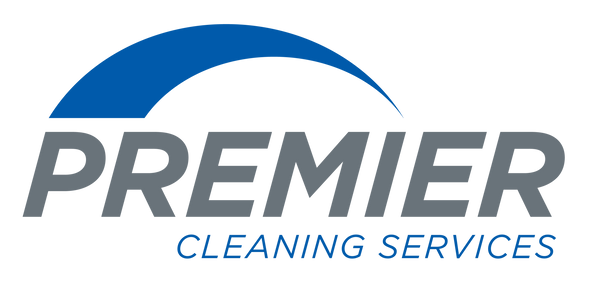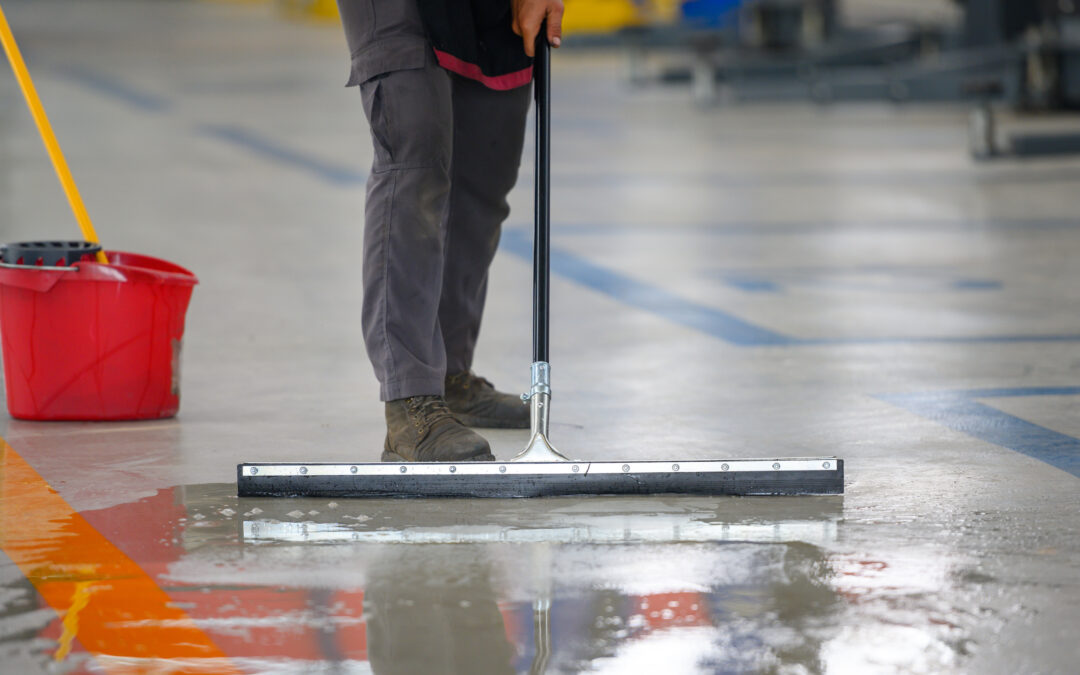Introduction
Warehouses are a necessity for many businesses, as they are an efficient method of storing and dispatching goods in a timely, space-conscious manner. However, the efficiency of said warehouse depends not only on its organization and logistics, but also on its cleanliness. A clean warehouse ensures a safe and healthy work environment while also enhancing productivity and protecting inventory. Depending on the type of warehouse, your establishment may have different cleaning requirements. Below, we will delve into the nuances of cleaning different types of warehouse environments and explore customized solutions to meet your unique needs.
Understanding Warehouse Diversity
Warehouses exist for different purposes, depending on the industries they serve. Some specialize in storing perishable goods, where others may house large machinery or delicate electronics. Additionally, the layout and design of warehouses can vary widely, from sprawling distribution centers with high shelving to compact facilities with narrow aisles. Understanding the differences between these kinds of facilities is crucial for developing effective cleaning solutions tailored to each environment.
1. Temperature-Controlled Warehouses
Temperature-controlled warehouses, commonly found in industries like food and pharmaceutical storage, require special attention due to the sensitive nature of their stored goods. These environments often operate under strict regulatory standards, which makes meticulous cleaning especially important for maintaining hygiene and preventing contamination. Cleaners in temperature-controlled warehouses must be aware of the impact of temperature fluctuations on cleaning agents and equipment, as well as the need to avoid condensation and mold growth.
To remain conscious of these issues, utilize specialized cleaning agents designed for use in cold environments, ensuring they maintain efficacy even at low temperatures. Implement regular deep-cleaning procedures to remove bacteria and prevent cross-contamination. Invest in equipment specifically engineered for cold storage environments, such as scrubbers with insulated components and anti-freeze solutions for water tanks.
2. Heavy Machinery Warehouses
Warehouses that store heavy machinery and equipment face unique challenges due to the presence of grease, oil, and other industrial residues. Cleaning in these environments requires robust solutions capable of tackling stubborn stains and maintaining safety standards in high-traffic areas. Furthermore, the presence of delicate machinery necessitates careful handling to avoid damage during cleaning operations.
To properly accommodate for these specifics, employ industrial-grade degreasers and solvent-based cleaners to effectively dissolve oil and grease residues. Implement regular maintenance schedules to prevent buildup and ensure the smooth operation of machinery. Utilize specialized equipment, such as pressure washers with adjustable settings, to safely clean sensitive areas without causing damage.
3. E-commerce Fulfillment Centers
With e-commerce on the rise, fulfillment centers have become integral to the rapid processing and distribution of online orders. These warehouses operate on tight schedules, processing thousands of packages daily and requiring cleaning solutions to minimize downtime. Moreover, the diversity of products handled in e-commerce warehouses poses challenges in terms of cleanliness, ranging from the accumulation of dust on shelves to spills and debris in packing areas.
In order to give your e-commerce warehouse the best chance at cleanliness, implement automated cleaning systems, such as robotic scrubbers and sweepers, to efficiently clean large areas without disrupting operations. Utilize multi-surface cleaners that can effectively remove dirt, dust, and stains from various materials commonly found in fulfillment centers, including concrete floors, metal shelving, and plastic packaging. Implement strict cleaning protocols, including frequent sanitation of packing stations and conveyor belts, to prevent contamination and maintain product integrity.
4. Hazardous Material Storage Facilities
Warehouses that store hazardous materials, such as chemicals and flammable substances, require specialized cleaning solutions to ensure compliance with safety regulations and mitigate the risk of accidents. Cleaning in these environments must prioritize containment and proper disposal of hazardous waste, as well as the use of protective equipment to minimize exposure to harmful substances.
When it comes to this type of warehouse, train cleaning staff in hazardous material handling procedures, including the use of personal protective equipment (PPE) and proper waste disposal methods. The CDC (Centers for Disease Control) emphasizes the importance of PPE in any workplace setting to avoid infection or personal damage. Utilize neutralizing agents and absorbent materials to safely clean spills and leaks without exacerbating the hazard. Implement stringent safety protocols, including regular inspections and risk assessments, to prevent accidents and ensure compliance with regulatory standards.
Conclusion
Customized cleaning solutions are essential for maintaining the cleanliness and safety of warehouse environments, catering to their specific needs and challenges. By understanding the unique requirements of different types of warehouses, businesses can implement targeted cleaning protocols and utilize specialized equipment and products to achieve optimal results. Whether it’s a temperature-controlled facility, a heavy machinery warehouse, an e-commerce fulfillment center, or a hazardous material storage facility, proactive cleaning measures are paramount for ensuring a clean, safe, and productive work environment.

